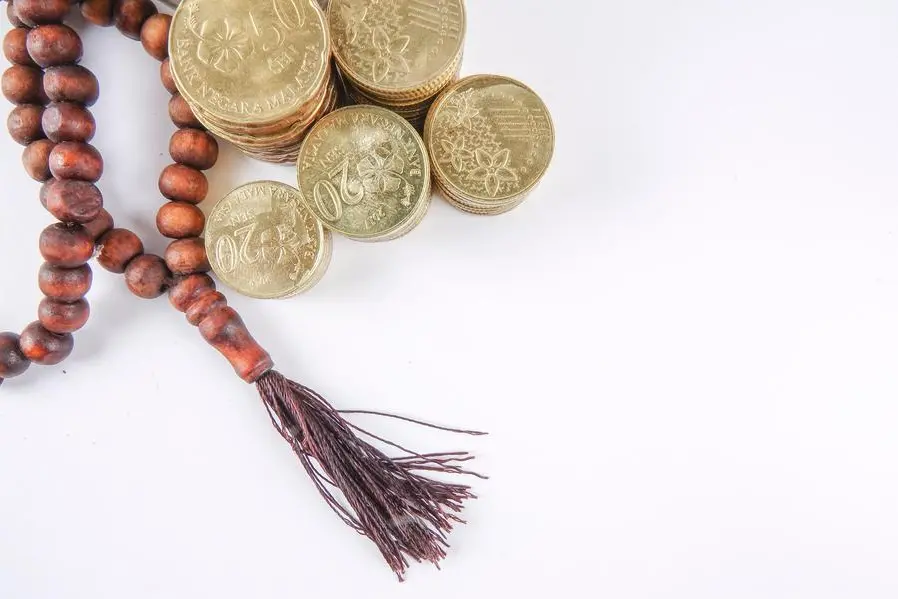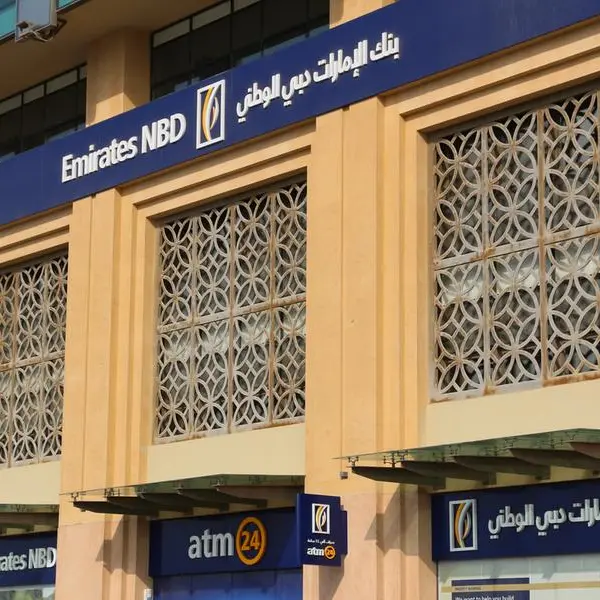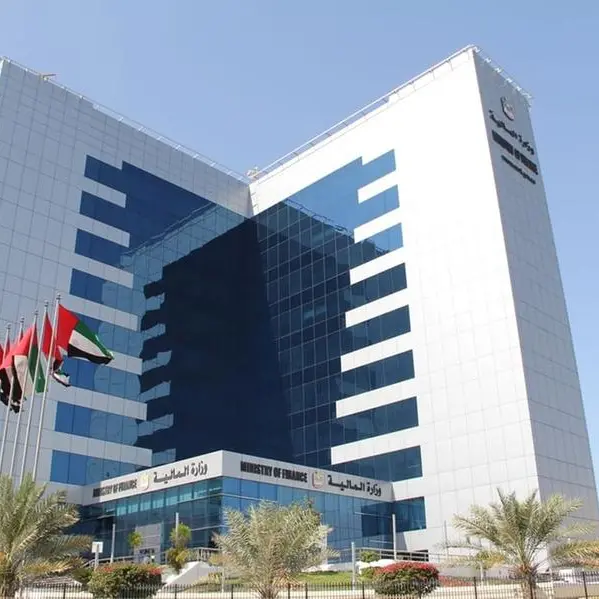PHOTO
The body charged with outlining and ensuring sharia standards in Islamic finance is considering drastic changes to the way sukuk finance is structured, which if implemented have the potential to upend either the market or see the body itself drift into irrelevance.
The Accounting and Auditing Organization for Islamic Financial Institutions is digesting feedback following a consultation with market participants over a draft proposal it put forward in November called Sharia Standard 62.
It could be months before the Bahrain-based authority publishes its findings, but the potential measures have already rocked the usually sedate Islamic bond market.
“If the draft is accepted, adopted and implemented as is, there won’t be disruption, there will be an actual revolution in the sukuk market, the likes of which we have never seen before,” said Mehdi Popotte, fixed-income portfolio manager at Arqaam Capital.
The “revolution” hinges on the level of exposure that sukuk investors have to the instrument’s underlying assets.
The use of underlying assets, often real estate, in sukuk deals is key to making the product sharia-compliant. Adherents to Islamic law are forbidden from receiving interest payments and structuring sukuk around an asset provides a means of bypassing this prohibition.
At the core of the conversation is Sharia Standard 62’s proposal to transform sukuk into an asset-backed and more equity-like instrument, where the ownership of the underlying asset is actually transferred to the sukukholder. This will fundamentally alter the risk profile of the instrument. In their current form, the majority of sukuk deals issued internationally are asset-based and, as a product, are much closer to debt than equity.
“Typically, sukuk are structured as entity credit-risk instruments and in a default and redemption scenario, the sukukholders would not have recourse to the assets themselves,” said Bashar Al-Natoor, global head of Islamic finance at Fitch. “Recovery is based on investors exercising their rights against the originator.”
In such sukuk, the transfer of assets is not considered a true sale because the originator also has an obligation to repurchase the assets at maturity. Ultimately the exposure is to the credit of the obligor backing the instrument, whereas, under AOIFFI’s proposal, sukukholders' exposure would be to the asset.
“In its current form, under Standard 62, investors may be exposed to risks that are currently covered by the sponsor – for example, the risk related to the destruction or nationalisation of the underlying asset,” said Mohamed Damak, global head of Islamic finance at S&P. "[Under the new proposal] the sponsor can no longer cover the risk for investors.”
In a sign of just how contentious the proposal is, the deadline for feedback was extended twice and despite the most recent deadline passing, it remains in the draft stage.
Disruption
AAOIFI’s standards are followed fully, partially or used as guidance in 20 countries, as well as by the Islamic Development Bank. Countries that have adopted them as mandatory requirements include Bahrain, Qatar and the United Arab Emirates. For many sukuk issuers, it is the UAE’s use of the standards that is of key significance.
The UAE’s Islamic banking sector is one of the largest investor bases for sukuk securities globally. To access it a sukuk issuer’s instruments must be in compliance with AAOIFI’s standards. UAE banks cannot buy and sell, trade or arrange non-compliant sukuk deals though there is one exception. A UAE bank can buy a non-compliant sukuk deal if it holds it until maturity, but that is not necessarily an appealing prospect for a bank that would want liquidity in the assets it owns.
If, as Sharia Standard 62 proposes, sukuk become asset-backed deals and more like equity, it becomes a very different proposition for bank investors and many other types of investors whose mandates and risk tolerances may not allow them to participate in such transactions.
“From an investor’s perspective, considering the credit risk of the asset, rather than the credit risk of the obligor, is not something that there is a track record of in many Islamic jurisdictions,” Al-Natoor said.
“Furthermore, the investor desks which deal with asset-backed securities could also be different, and ... are not present in many sukuk-issuing markets,” he said.
Legal implications
There are also plenty of challenges for issuers. Transferring assets has the potential to incur additional costs, which will be borne by either the issuer or investors. For certain issuers, the transfer of assets might also have legal and credit implications.
Governments may simply be reluctant to transfer assets, or may require legislation to do so. For other issuers, the fact that assets would be removed from their balance sheet may have implications for their credit ratings.
If adherence to Sharia Standard 62 implies such disruption, then regulatory authorities may begin to question the value of following AAOIFI’s guidelines.
“Some adopters of the AOIFFI standard could decide to transition away from the standard if they see that this could have a significant effect on their capacity to tap capital markets or develop local capital markets,” Damak said.
If jurisdictions such as the UAE decide not to enforce Sharia Standard 62, even those issuers that are willing or able to comply may see little value in doing so if it does not give access to a meaningfully wider pool of liquidity.
“The problem is that if there is a growing number of issuers or countries taking themselves outside of AOIFFI and developing a parallel market, AOIFFI becomes less relevant,” Popotte said.
AAOIFI did not respond to a request for comment.
Source: IFR





















